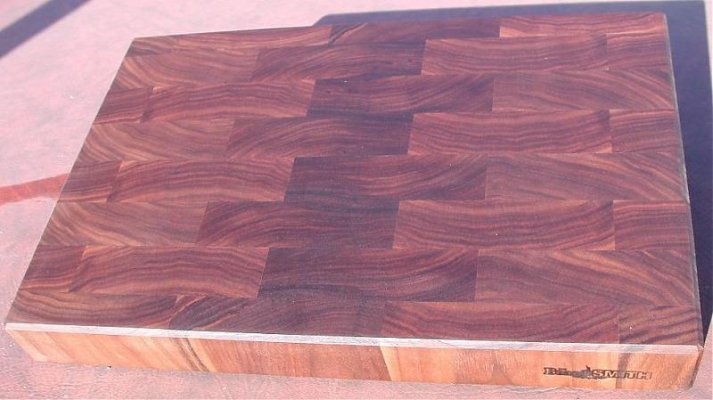I live in Denver and the air is dry here. So dry that my wooden cutting boards split over time. I diligently oil them every six months, never put them in the dish washer, wash them quickly with warm, soapy water, rinse and set them vertically to dry completely before re-oiling with mineral oil. I'm at a loss.
Question: Would bamboo cutting boards act any differently than wood, in this arrid climate? Thank you in advance for any response.
By the way, I have plastic cutting boards as well and use them for preparing raw meats. I simply love the wood boards though....
Question: Would bamboo cutting boards act any differently than wood, in this arrid climate? Thank you in advance for any response.
By the way, I have plastic cutting boards as well and use them for preparing raw meats. I simply love the wood boards though....
Last edited:


